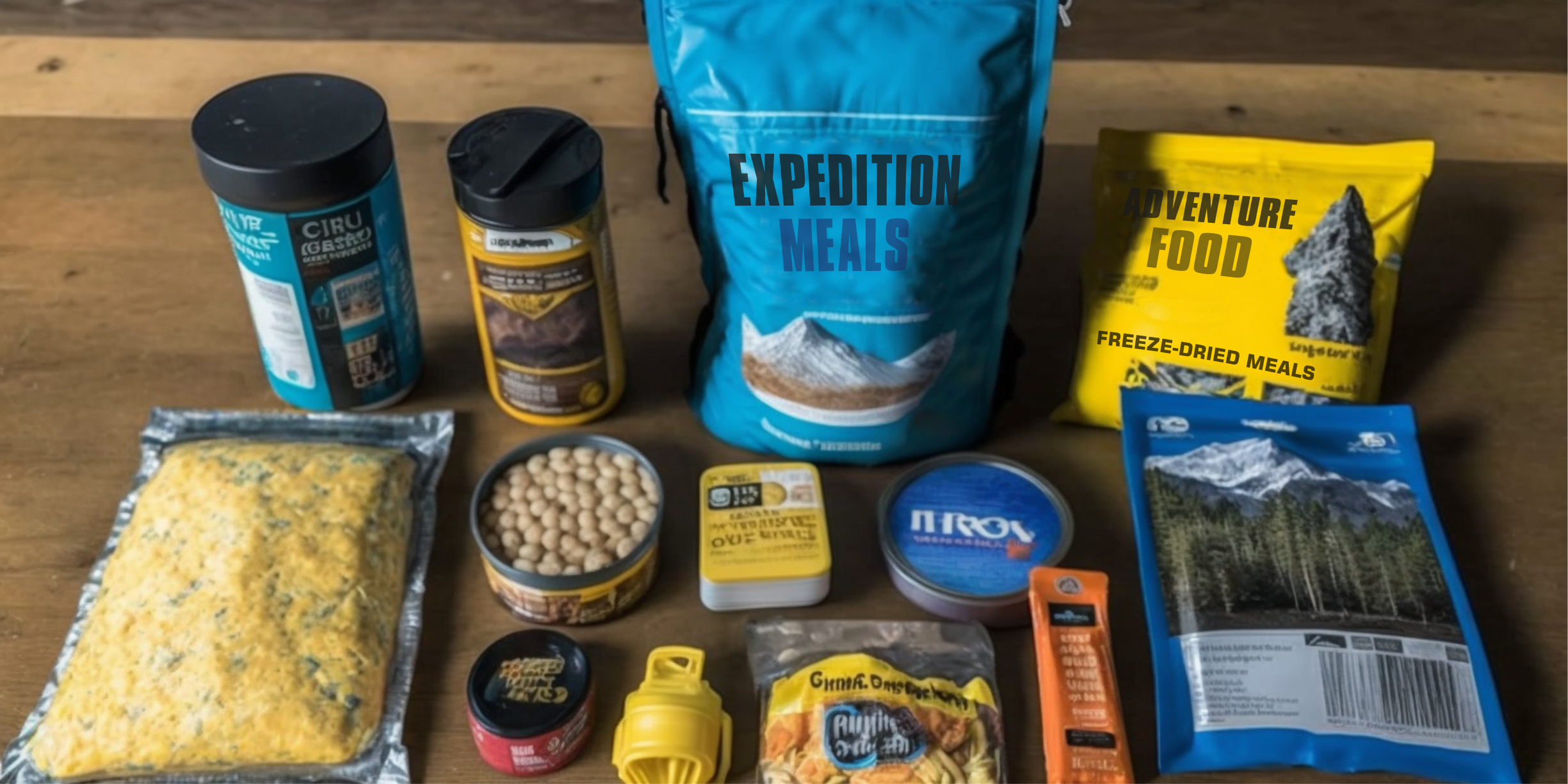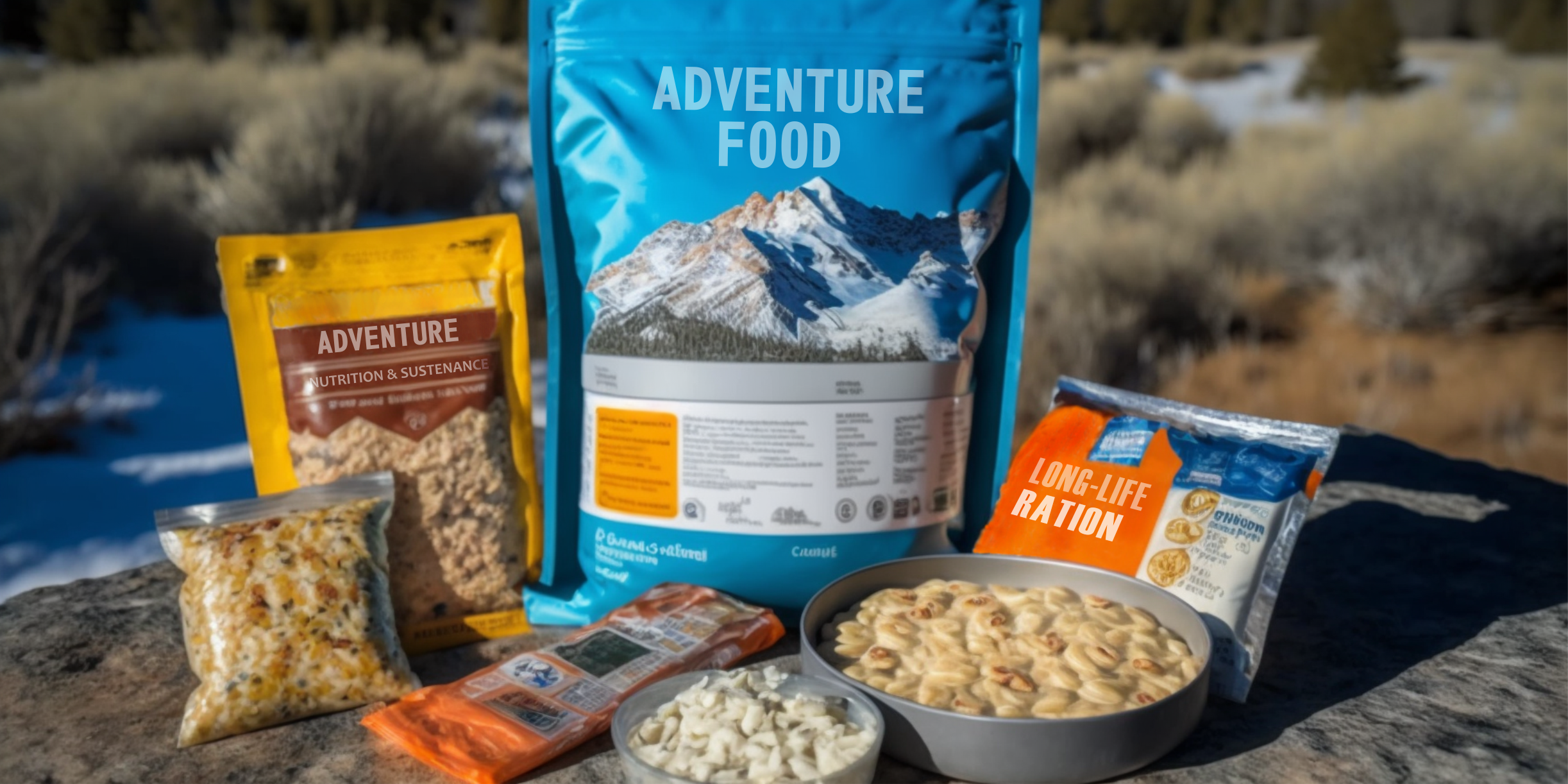
Emergency Food for Low-Income Individuals: Access and Affordability in Times of Crisis
Emergency Food for Low-Income Individuals: Access and Affordability in Times of Crisis
During times of crisis, securing basic necessities becomes a challenge, with food security becoming an urgent concern, especially for low-income individuals. These populations are often the hardest hit due to limited or often zero savings and associated resources. In this article we will explore the accessibility and affordability of emergency food for low-income individuals, shedding light on the systemic challenges they face and suggest effective strategies to improve food security during emergencies.
- Understanding the Scope of the Issue
Food insecurity is a significant issue globally and intensifies during crises—whether economic downturns, natural disasters, or pandemics. According to the Food and Agriculture Organization (FAO), over 820 million people worldwide were undernourished even before the COVID-19 pandemic, with low-income communities being disproportionately affected. Interestingly, the United Nations reports that economic recessions increase the risk of global food insecurity by as much as 20%.
- Challenges Faced by Low-Income Individuals
a. High Cost of Healthy Food: Nutritious food often comes at a premium. For low-income families, this can mean that their budgets are more frequently directed towards cheaper, less nutritious options.
b. Limited Access to Food Stores: Many low-income areas are situated in food deserts—regions where access to affordable and nutritious food is limited or non-existent, according to the USDA.
c. Reduced Mobility: Financial constraints can mean fewer transportation options to reach well-stocked stores or food banks, exacerbating access issues in rural and urban settings alike.
- Governmental and Non-Governmental Responses
Various programs have been implemented to tackle emergency food needs among low-income populations:
a. Food Stamps and Vouchers: Programs like the Supplemental Nutrition Assistance Program (SNAP) in the United States offer food-purchasing assistance. Similarly, in the UK, food vouchers are provided to those in need.
b. Food Banks: In the UK these play a critical role in providing immediate relief by distributing food directly to those in need. During the COVID-19 pandemic, food banks saw a dramatic increase in demand and form the backbone of supplying essential food to those most in need.
- Community-Based Initiatives
Community efforts can significantly mitigate the impact of crises on food security:
a. Community Gardens: These offer a sustainable source of fresh produce for local residents and foster community spirit.
b. Local Food Drives: Organised by churches, schools, and other community groups, these initiatives collect and distribute food to those who need it most.
c. Cooperative Buying Clubs: By pooling resources, community members can buy food in bulk, reducing costs and ensuring a steady supply of essentials.
- The Role of Education and Advocacy
Educating lower-income households on nutrition and budgeting can empower them to make informed food choices within their means. Moreover, advocacy for policy changes plays a critical role in enhancing food security:
-
Educational Programs: Nutritional education initiatives aim to teach budget-friendly ways to prepare healthy meals.
-
Policy Advocacy: Organizations like the World Food Programme advocate for policy changes to improve food access globally, pushing for more robust support networks and emergency response strategies.
- Looking Ahead: Policies and Predictions
The world population is set to continue growing until it reaches approximately 10 billion by 2100. Climate change has the potential to impact food growing regions that could jeopardise over all food production. Geopolitical tensions and military conflict have the potential to cause chaos with food supply chains, and require nations to become far more self-sufficient in order to ensure consistent access to food.
With all this in mind, efforts to enhance food security for low-income individuals must continue evolving. Future policies might include:
a. National Planning and Food Reserves: Ensuring vulnerable people are able to access food in a crisis is not just the responsibility of individuals, but also government. By carrying substantial reserves of long shelf-life food, the government would be able to help insulate the public in the short term.
b. Encouraging self-sufficiency: Developing programmes encourage households to grow their own food will help provide greater resilience in the event of a financial or similar crisis. For low income households, allotments can be an excellent alternative - providing very low rent gardens to grow fruit and vegetables.
c. National-scale self-sufficiency: The UK is currently able to only meet 50% of it's populations' food requirements. These creates vulnerability in the event of an international disaster or military conflict, which is likely to effect those on low incomes disproportionately. By investing in UK farming and food production, this vulnerability can be reduced substantially.
Final Thoughts
The challenges of providing affordable, accessible emergency food to low-income individuals are significant but not insurmountable. Through a combination of governmental support, household planning, and innovative solutions, strides can be made towards ensuring that no one has to face a crisis on an empty stomach. As society progresses and international pressures build, it is imperative to continue refining and expanding these efforts.
Suggested Articles
What to Eat When Hiking or Camping: A Guide to Adventure Food
Introduction: The Importance of Adventure Food Whether you're hiking, camping, or embarking on any other outdoor adve...
How to Plan Nutritious and Delicious Meals for Multi-Day Expeditions
Embarking on a multi-day expedition requires a lot of physical effort, and proper nutrition is key to ensure that you...
The Best Lightweight Foods for Backpacking and Hiking
Introduction: The importance of lightweight foods for backpacking and hiking Backpacking and hiking are popular outdo...




